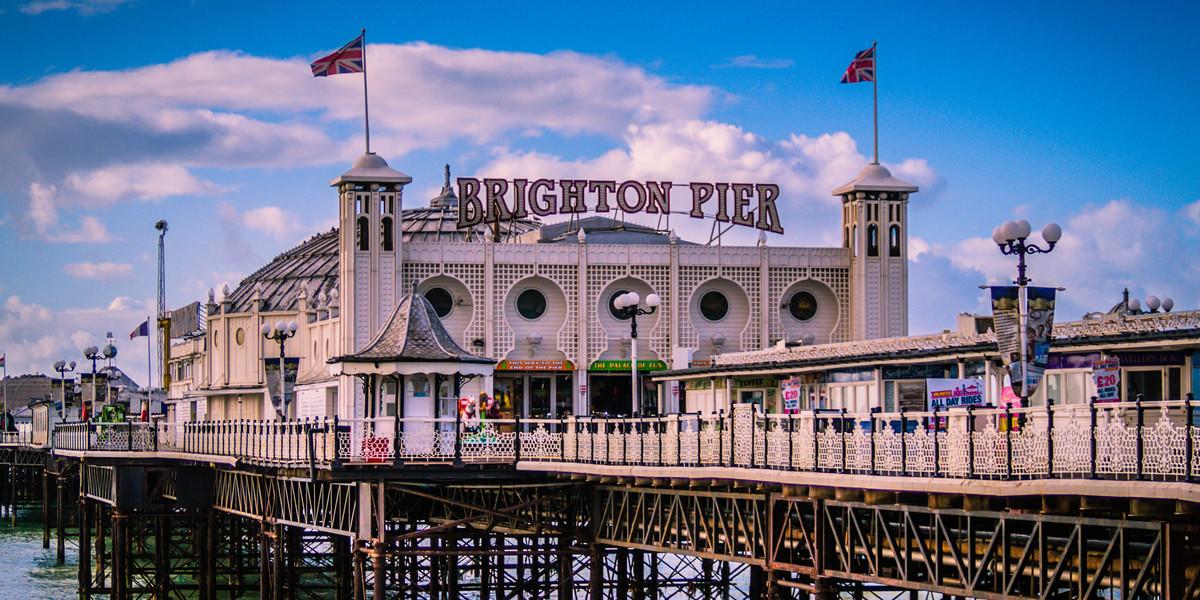No deal better than a bad deal. Brexit means Brexit. Brexit means Breakfast. The months since the momentous referendum decision to leave the EU have been described as a phoney war of sorts. For all the clashes, court battles, slogans and empty soundbites, Britain is today still a member of the EU. But that’s all set to change.
Today, Theresa May will deliver on her promise to trigger Article 50 before the end of March. This puts in motion the formal process for Britain’s exit from the EU and sets off a two-year timeframe to negotiate a deal or leave empty handed. The phoney war may soon be over.
The pessimistic outlook
For months we’ve heard hypothesising on the different hard and soft Brexit outcomes; commentators speculating on what Britain will look like outside the EU. Many see the government’s early negotiating stance, particularly the red-lines on migration control, to be pushing Britain towards a no-deal hard-Brexit outcome. EU leaders have previously stated there can be no deal without a compromise on free movement, and the UK must ‘pay a price’ for leaving the EU.
For remainers and business groups, this is the worst case scenario. “A ‘no deal’ scenario would open a Pandora’s Box of economic consequences. The UK would face tariffs on 90% of its EU exports by value and a raft of new regulatory hurdles” warned the CBI recently.
A Guardian report found that the UK falling back on WTO trading rules could amount to £6 billion in extra costs. The knock-on effects of this would hurt all businesses, not just exporters. Consumers would also pay a heavy price in extra living costs. For these reasons, many business groups want to see the government’s negotiators do all they can to secure a deal, disputing the ‘no deal better than a bad deal’ stance.
“The idea of being able to walk away empty-handed might be a negotiating tactic, but it would, in reality, deliver a risky and expensive blow,” said Terry Scuoler, chief executive of EEF.
Certainly, this is a major concern for larger companies. A PwC report on SMEs post-Brexit outlook found that generally speaking, companies with a larger turnover placed greater importance of retaining single market access.
They also worry that restrictions on free movement would lead to a labour and skills shortage, particularly those reliant on EU workers such as retail, food services and manufacturing. Indeed, bosses are already reporting difficulties recruiting the right candidates in post-Brexit climate.
The optimistic outlook
Whilst striking a deal is clearly preferable, others are less worried about the hard-Brexit outlook. For staunch Brexiteers all these dire predictions, courtesy of the now much-maligned experts, are more of the same scaremongering tactics that were so ineffective during the referendum.
Instead, campaigners argue, this is a time of historic opportunity for Britain; a chance for Britain to expand its horizons beyond Europe. The long-term gains of this, seizing power back to Westminster, will outweigh EU membership and access to the single market.
Brexiteers cite major economies like Japan who are not part of a trading bloc. They look to the rapid-growth economies of China and India with whom Britain would be free to strike its own trade deals.
They also remain hopeful that the tough talk from the likes of Francois Hollande and Angela Merkel is simply posturing. Recent remarks from a German economy minister have emphasised just how important the UK is to the German economy – and the detrimental effect a no-deal would have on European economies.
Indeed, this points to the possibility of a win-win deal for both parties or at the very least some kind of contingency arrangements. “There are always relationships between major economies. Even in a non-outcome, I would expect some arrangements to be made,” said Brexit Secretary David Davis before a parliamentary committee.











